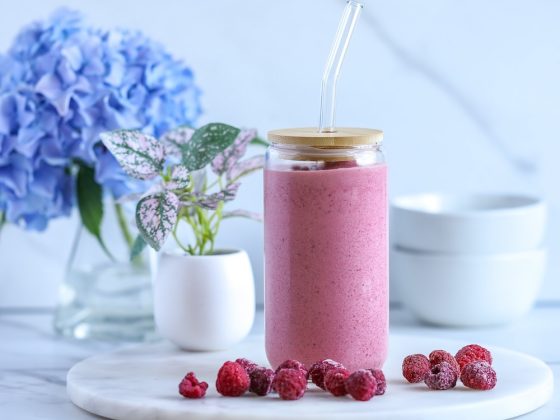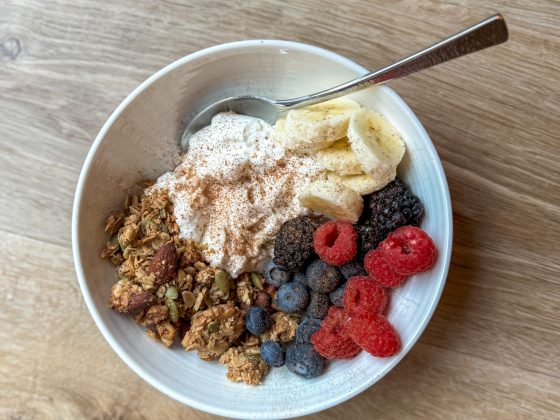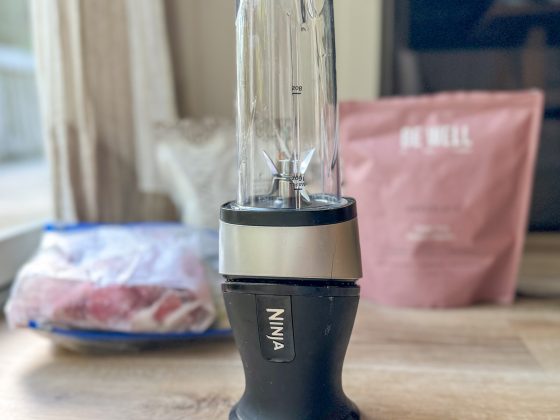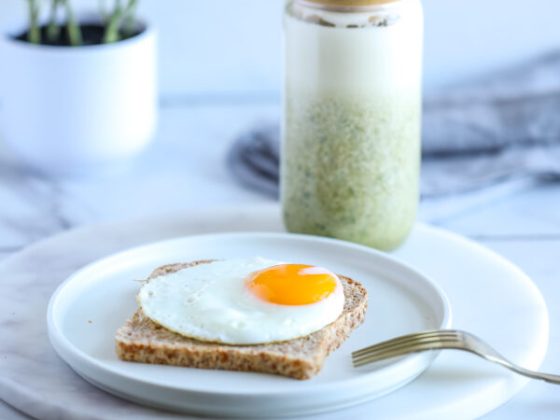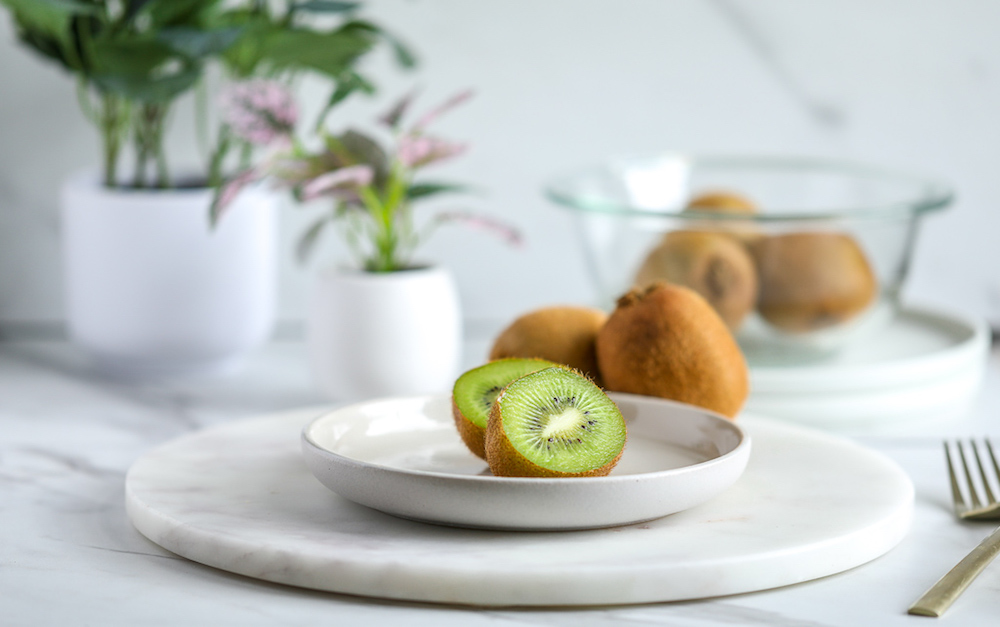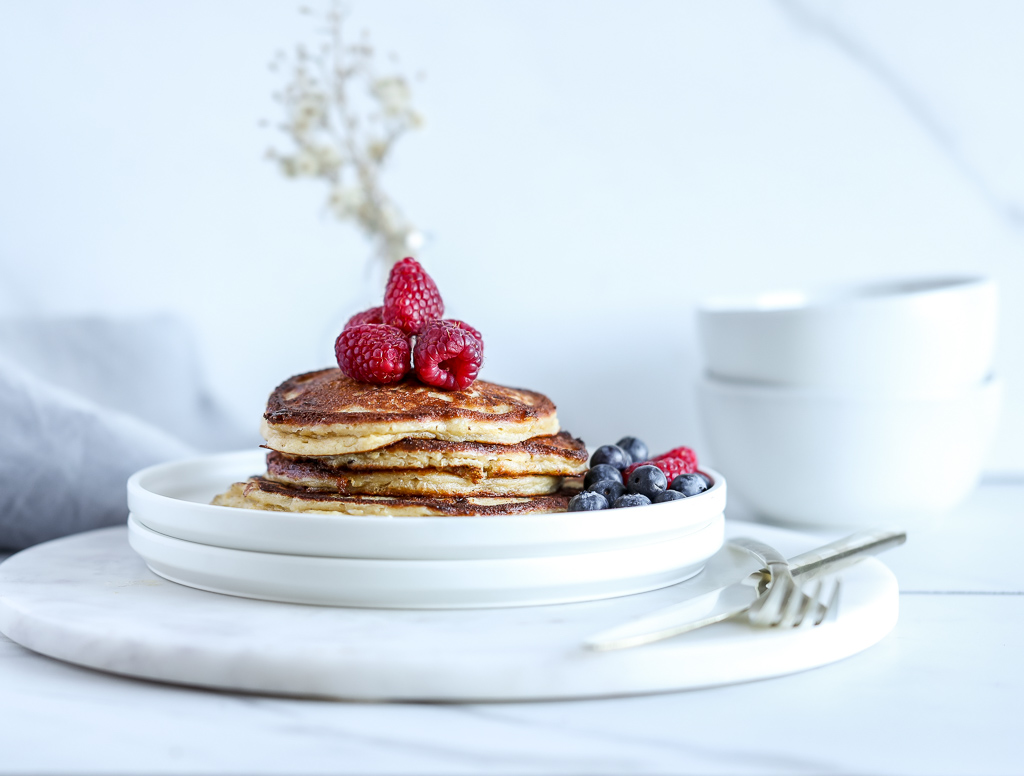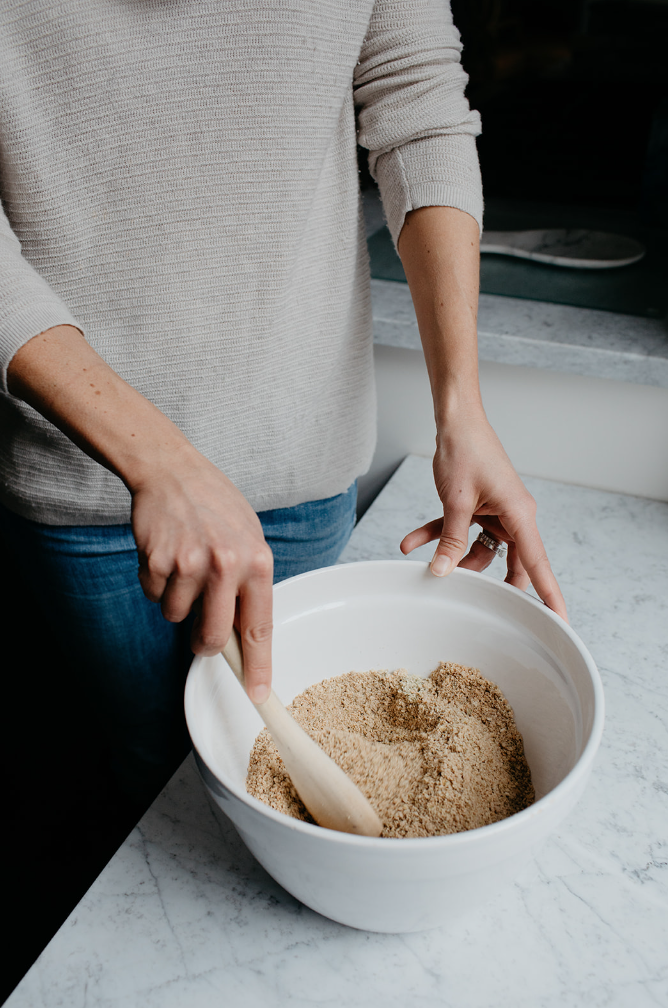Gratisfied was founded on two major tenets: blood sugar balance and being a health conscious brand. For so long, our food industry has been laced with corruption – major corporations caring more about their bottom line than the wellbeing of our society. Having now been in the natural foods industry for over three years, I understand that elements such as shelf-life and taste must be considered, but I believe there can be the best of both worlds: products that are both nutritious and convenient.
We make granola and nutrition bars, so they must be sweetened with something. The majority of these products already existing on store shelves include artificial sweeteners and sugar alcohols. They do this for multiple reasons:
- They are cheap ingredients, which allow companies to keep their costs down.
- They are overly sweet, playing into people’s picky palates.
- They sometimes have negligible calorie or carb counts, allowing companies to manipulate their nutrition label.
Remember Splenda®? This is a perfect example of one of these artificial sweeteners. It is a sucralose-based sugar substitute that captures consumers who want to satisfy their sweet tooth without the calories. But a blood sugar response doesn’t depend on calories. Research confirms that glucose can be affected after ingesting this sweetener despite the fact that it is zero calories. This is another reason to think of food in terms of a hormonal experience, and not deduced to their calorie count.
Why this matters.
When it comes to blood sugar, insulin is the main hormone to keep in mind. It is a storage hormone – its primary responsibility is to usher the glucose from broken down carbohydrates into the places that need it for energy. If glucose exceeds energy needs, insulin transports the glucose to the liver to be converted to triglycerides and stored as adipose tissue (fat). The presence of insulin in the bloodstream alone signals the body to store fat and burn glucose for fuel. Dysregulation of these mechanisms brought on by blood sugar mismanagement not only leads to insulin resistance, but more serious issues such as pre-diabetes, type 2 diabetes, obesity, and other forms of chronic disease.
If someone is attempting to manage their weight and/or blood sugar, and believes using artificial sweeteners is a way to go about that, they are sorely mistaken. The science supports the idea that after consuming this artificial sweetener, blood glucose could still rise. As a result, insulin would be released from the pancreas to do its job. After insulin is cleared from the bloodstream, a blood sugar low would naturally occur. This not only leads to symptoms such as lightheadedness and low energy, but could have you craving even more sweet food. This is your body’s way of trying to find homeostasis.
What you can do.
Instead of reaching for the artificial sweet stuff, turn to real food. Try to satisfy your sweet tooth naturally. Fruit, sweet vegetables, and dark chocolate are all great ways to go about it. When consuming foods that come in a package, look for all-natural sweeteners. Many food manufacturers disguise “sugar” on their product labels using science-y sounding names (there are over 60 different names for sugar!), so educate yourself. There are those sweeteners that not only have less of an impact of your blood sugar, but also carry some nutrients. Coconut sweeteners, monk fruit, and honey are a few examples. It is why Gratisfied only uses these options in their products!
To learn more about the science behind blood sugar balance, check out my online course: The Beauty of Blood Sugar Balance.
You Might Also Like:



